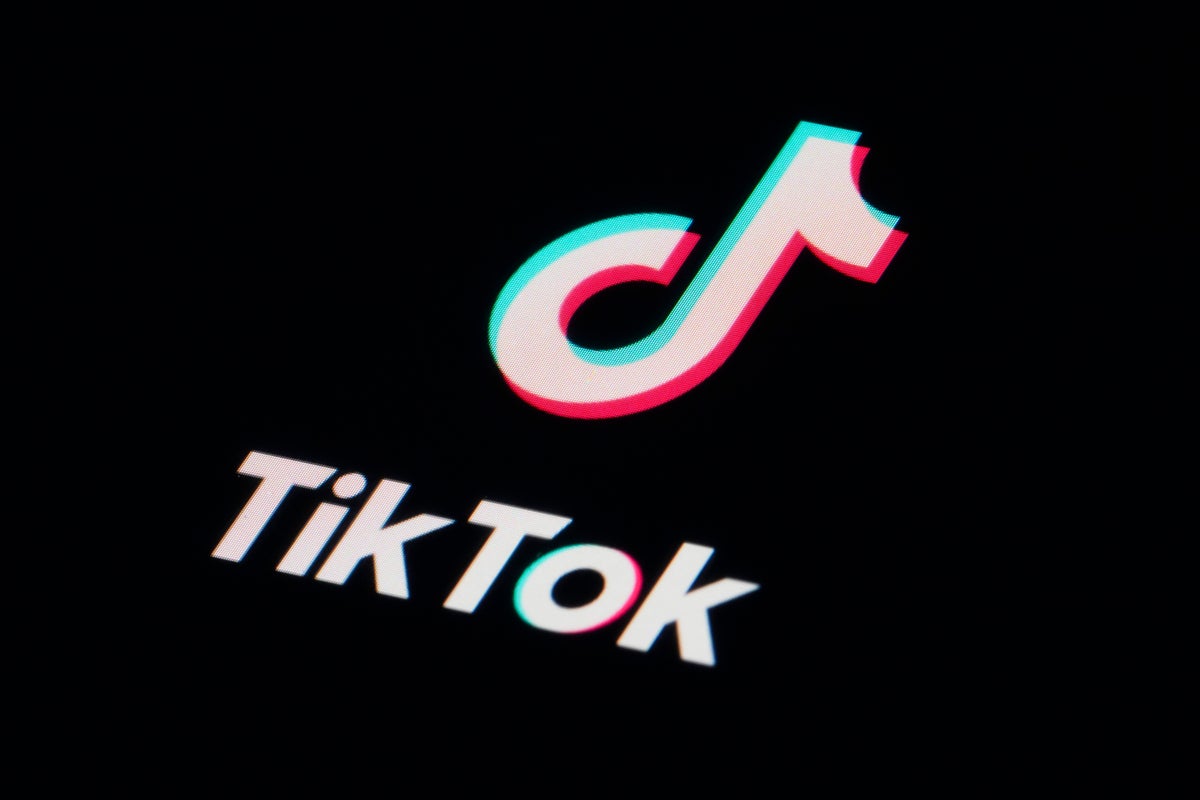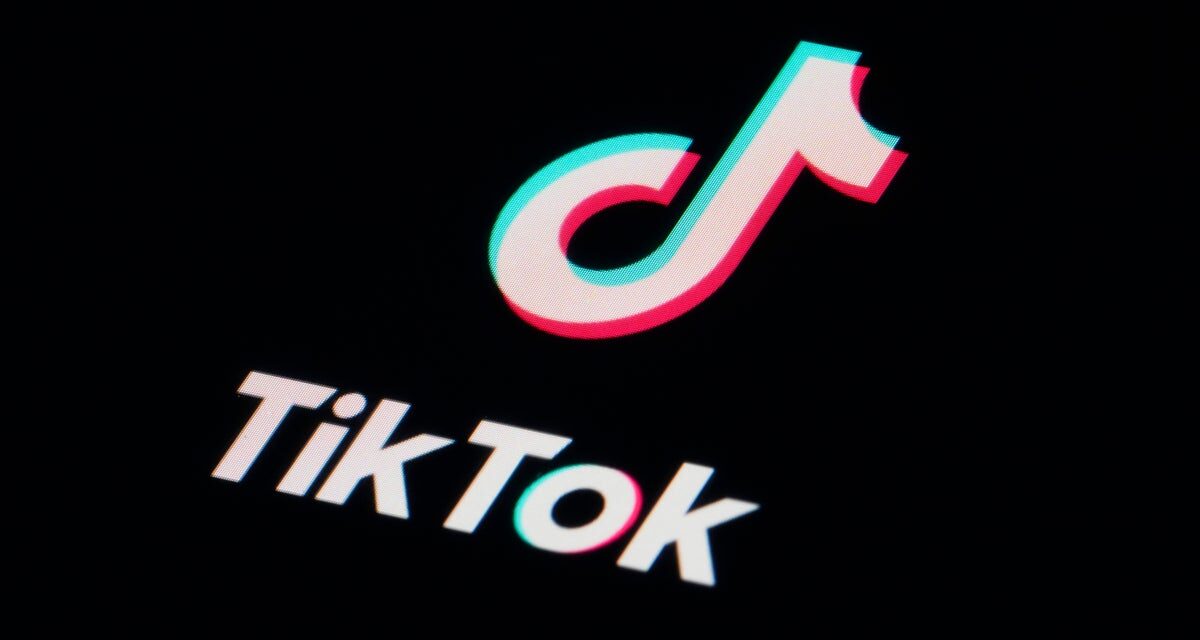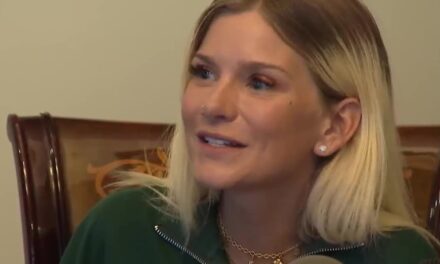
Bidders for TikTok are piling up as the weekend deadline to find a US buyer looms.
The parent company of the short-video video app, which has 170 million users, has been told to find a non-Chinese buyer by 5 April, or face being banned from the United States.
US officials issued the demand over fears the app poses a national security risk, because the Chinese government could attempt to access TikTok data on US users, or use it to carry out influence operations – something Beijing and owner ByteDane have denied.
Trump administration officials met on Wednesday to work on finding a US buyer.
Last month Trump said his administration was speaking with four different groups, but did not identify them.
“It’ll come out before the deadline,” Vice President JD Vance told Fox News on Thursday. “I think that we’re in a good place. We’re going to keep on working at it.”
Who are the groups/people behind the bids:
Amazon sent its last-minute bid in a letter to Vance and Department of Commerce Secretary Howard Lutnick on Wednesday, a US official confirmed.
Shares of Amazon jumped by about 2 percent after news of its bid spread.
The online retailer has wanted an in-house social media platform for a while, to help it sell more products and attract a younger audience.
In 2014 it purchased livestreaming platform Twitch for nearly $1 billion after buying book review website Goodreads in 2013.
Amazon also developed and tested a short-form video and photo feed like TikTok called Inspire, which shut down earlier this year.
Zoop- Hbar Foundation partnership
Startup Zoop run by OnlyFans founder Tim Stokley partnered with the cruptocurrency Hbar Foundation for a bid.
Zoop is Stokley’s new family-friendly startup, which returns most of its revenue to users posting on the site to reward them for increasing user engagement.
Meanwhile, the Hbar Foundation manages the Hedera cryptocurrency network’s treasury.
“Our bid for TikTok isn’t just about changing ownership, it’s about creating a new paradigm where both creators and their communities benefit directly from the value they generate,” Zoop co-founder RJ Phillips told Reuters.
The partners have also been working with a group of different investors, Phillips said, without providing further details.
Marketing platform AppLovin said on Thursday it had submitted a bid for TikTok assets.
Its proposal is preliminary and there is no assurance the transaction will proceed, it said in a regulatory filing.
AppLovin was formerly backed by private equity titan KKR and was once a mobile-gaming company.
It turned to serving pop-up ads on mobile games after announcing plans in February to sell its mobile-gaming section for $900 million to a private acquirer.
Perplexity
AI startup Perplexity gave a revised proposal which would give the US government up to 50 percent ownership.
“Perplexity is singularly positioned to rebuild the TikTok algorithm without creating a monopoly, combining world-class technical capabilities with Little Tech independence,” the company wrote.
The AI search engine previously proposed to merge Perplexity, TikTok US, and other equity investors to create a new company.
Based off feedback from Trump’s administration, the new proposal would mean the government recieves its share after a public offering of at least $300 billion, AP reported.
The government would not have voting power and would not have a seat on the new company’s board, AP’s source added.
Mixed shareholder groups
Another option is that a group of funders spin off a US entity for TikTok and dilute Chinese ownership to below the law’s 20 percent threshold in the new business, according to Reuters.
Private equity firm Blackstone opened the possibility of joining non-Chinese shareholders, led by Susquehanna International Group and General Atlantic, to contribute funds for a bid.
US venture capital firm Andreessen Horowitz is also talking about adding outside funding to buy out Chinese investors, as part of a bid led by Oracle and other US investors, the Financial Times reported.
Any deals would have to be approved by ByteDance and, the Chinese government..
This post was originally published on this site be sure to check out more of their content.





